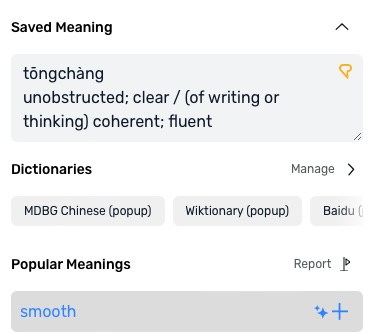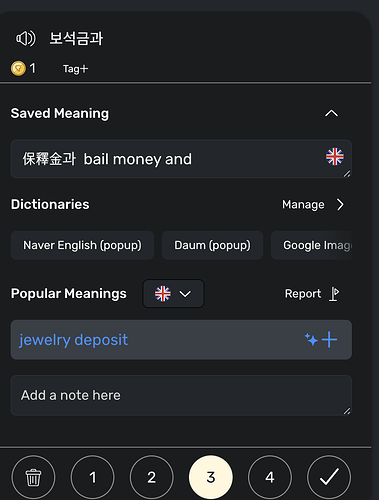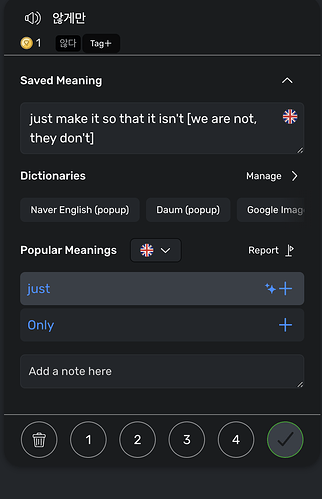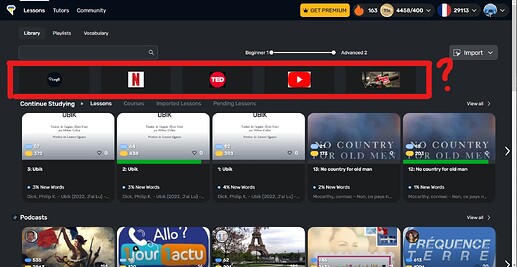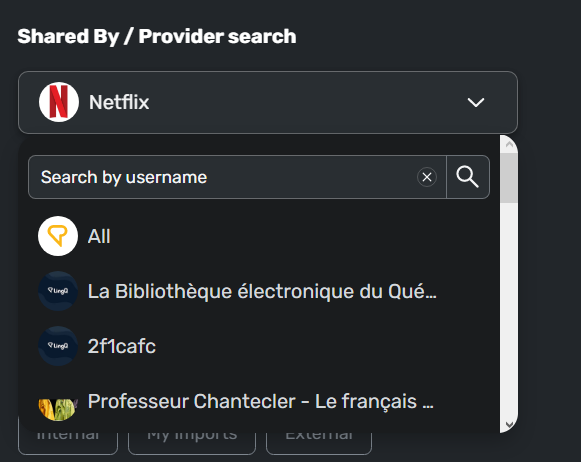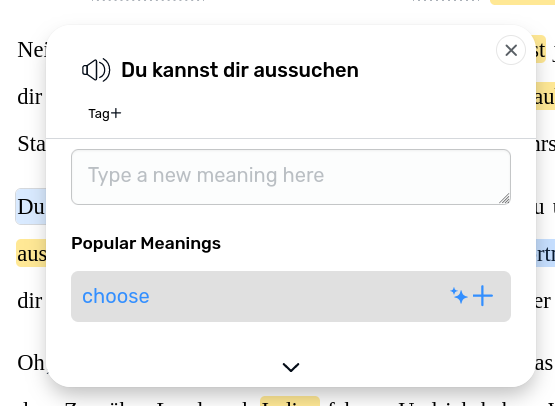Personally, I spend more time in each of YouTube (with Language Reactor), Netflix (also with Language Reactor), ChatGPT, and on Zoom with Lingoda than in LingQ.
It’s really only Babbel that’s behind LingQ for me for time spent.
Here’s what helps me with what:
- Reading Comprehension: LingQ
- Listening Comprehension: Netflix and Youtube, with Language Reactor
- Oral Production: Lingoda
- Written Production: Word and ChatGPT
Sliced a different way:
- Low register passive vocabulary: Netflix and Youtube
- High register passive vocabulary: LingQ and some podcasts
- Active vocabulary: ChatGPT and Lingoda
- Grammar: ChatGPT and Lingoda then Babbel
- Pronunciation: Lingoda
- Cultural awareness and formation: Youtube, Lingoda, and Netflix
Once I get to certain milestones in French and in German, I’m dropping Lingoda and moving to Babbel Live. It’s not as good, but a lot cheaper, especially for two languages at once. I might have to add back in iTalki for pronunciation coaching in German.
I remain a fan of LingQ, but it’s very much in the context of their potential.
That said, as someone who’s attained B2 “fluency” in a language nearly 100% online, I can’t imagine doing it efficiently with LingQ as the sole or even primary tool.
In a lot of ways, LingQ’s challenge is that it’s both too big and too small. It’s not “big enough” to do everything. For instance, the online Tutors don’t have critical mass vs such as iTalki and the Writing Exchange can’t compare with what can be done with ChatGPT. Some of the half-baked investments have gotten them no rewards. Yet on the hand, they’re vulnerable to slimmed-down assisted readers that do that one thing sufficiently well and not aspire to be more or need to be more in their business model. I’ve seen other software companies refer to this as a “identity crisis.” There appear to be business decisions that need made.
I commented openly on some of these things a number of months ago, but haven’t for quite a while. I guess I just thought I would here since I personally am quite glad to see LingQ get more AI capabilities subtly grafted into the experience.
(Note: I call out Netflix and Youtube with language reactor being used within the context of those platforms because I prefer the time spent in entertainment-centric experience. I rarely import Netflix and Youtube content into LingQ. While, I’d rather read imported content within Lingoda, in part because the navigation, advertisements, and other distractions are removed, for videos, I’d rather watch them much more immersively in their native platforms with Language Reactor’s suppplemental approach to UX design.)
